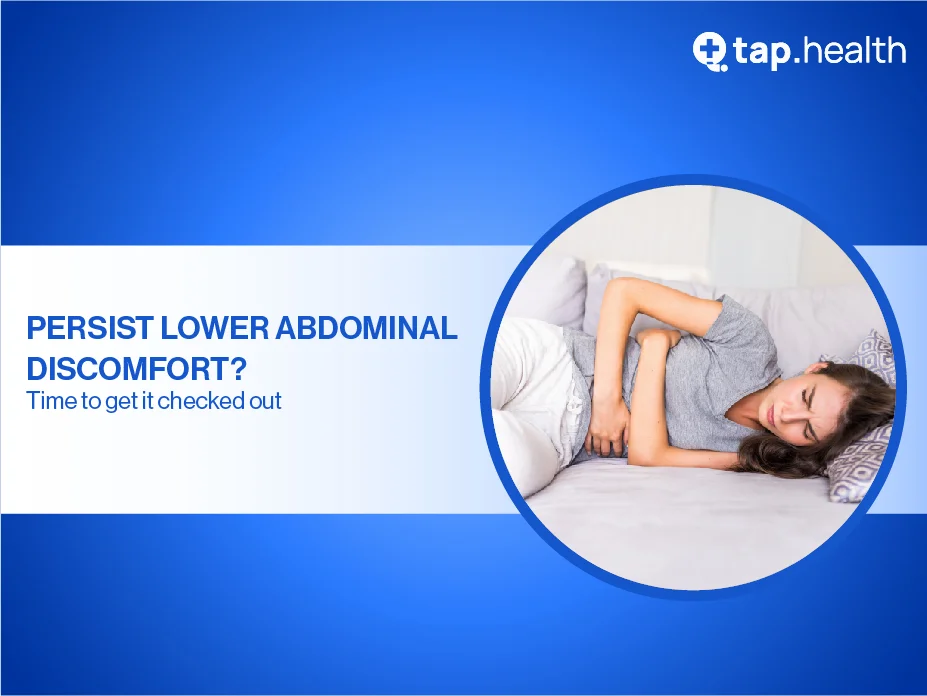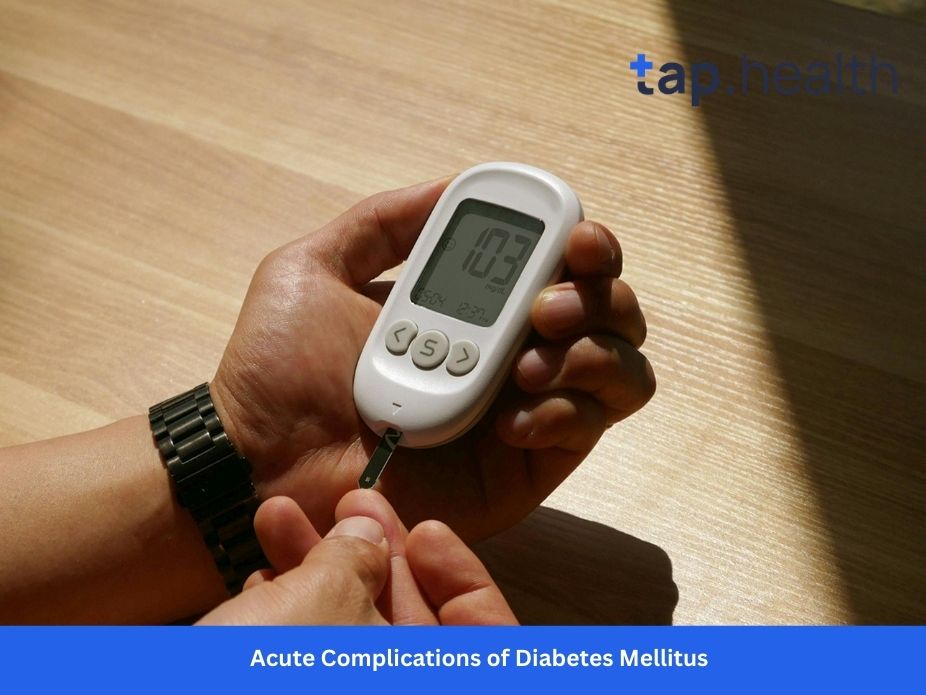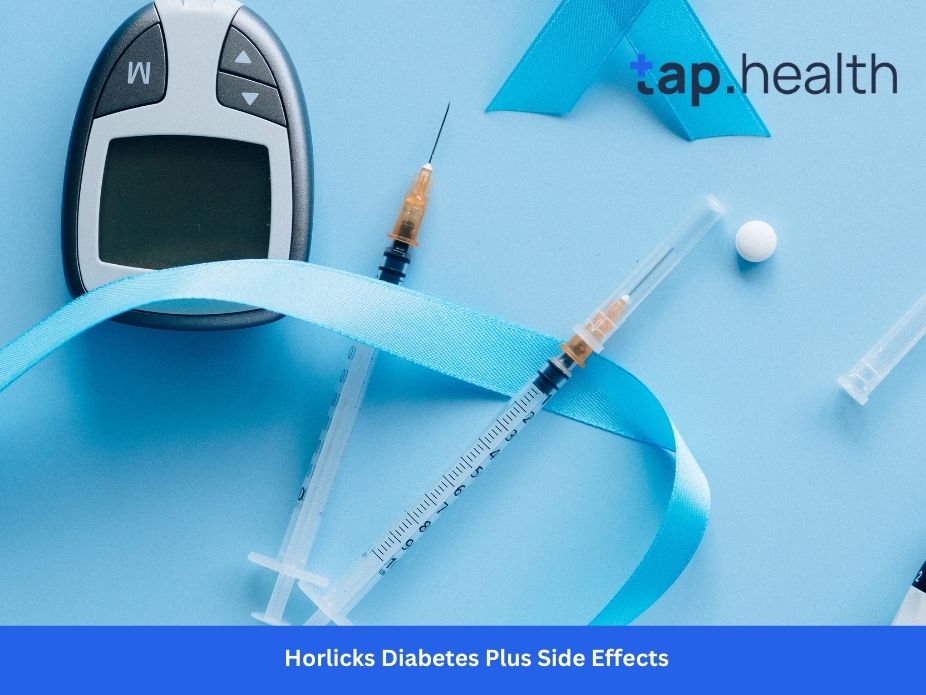Lower abdominal pain in non-pregnant females can stem from various sources, such as gynecological conditions, digestive disorders, urinary tract issues, musculoskeletal problems, or infections. Identifying the cause is critical for effective treatment and preventing complications. This blog explores the reasons behind lower abdominal pain, when to seek medical help, diagnostic approaches, and treatment options, offering a clear guide to managing this common yet concerning symptom.
What Causes Lower Abdominal Pain in Non-Pregnant Females?
Lower abdominal pain can arise from multiple systems in the body, including reproductive, digestive, urinary, or musculoskeletal systems. Pinpointing the exact cause is essential for proper management. Below are the primary categories of conditions that may lead to this discomfort.
Gynecological Causes of Lower Abdominal Pain
Gynecological issues are a frequent source of lower abdominal pain in females. Common conditions include:
- Ovarian Cysts and Tumors: Fluid-filled sacs or growths on the ovaries can cause pain, ranging from mild discomfort to severe pain if complications like rupture occur. Some cysts resolve naturally, while others, particularly tumors, may require medical evaluation.
- Endometriosis: This condition involves uterine tissue growing outside the uterus, leading to chronic pelvic pain, heavy periods, and discomfort during intercourse.
- Uterine Fibroids: Non-cancerous growths in the uterus can cause pain, heavy bleeding, and pressure in the lower abdomen.
- Pelvic Inflammatory Disease (PID): An infection of the reproductive organs, PID causes lower abdominal pain, fever, and abnormal discharge. Prompt treatment is vital to prevent complications like infertility.
- Adenomyosis: Endometrial tissue grows into the uterine wall, causing painful periods and chronic pelvic pain.
- Ovarian Torsion: A medical emergency where the ovary twists, cutting off its blood supply, resulting in sudden, severe pain.
- Pelvic Adhesions: Scar tissue between pelvic organs can cause pain and impact fertility.
Understanding these conditions helps in recognizing symptoms and seeking timely care.
Digestive Issues Leading to Lower Abdominal Discomfort
Digestive problems are another common cause of lower abdominal pain. Key conditions include:
- Irritable Bowel Syndrome (IBS): A chronic disorder causing abdominal pain, bloating, and altered bowel habits. Symptoms may worsen with stress, diet, or hormonal changes.
- Gastroenteritis: Often caused by viral or bacterial infections, this condition leads to pain, diarrhea, and nausea. Proper hydration is crucial for recovery.
- Food Poisoning: Consuming contaminated food can cause abdominal pain, vomiting, and diarrhea, typically resolving with rest and hydration.
- Gallstones: Hardened deposits in the gallbladder can cause intense pain, especially if lodged in bile ducts, often radiating to the back or shoulder.
- Kidney Stones: These can cause severe pain in the lower abdomen or back, accompanied by nausea or urinary symptoms.
Each of these conditions requires specific management, from dietary changes to medical intervention.
Urinary Tract Factors Causing Lower Abdominal Pain
Urinary tract issues can also trigger discomfort in the lower abdomen. Common conditions include:
- Urinary Tract Infections (UTIs): Bacterial infections in the urinary tract cause pain, frequent urination, and burning sensations. Women are more susceptible due to anatomical factors.
- Bladder Infections (Cystitis): Inflammation of the bladder, often bacterial, leads to lower abdominal pain and urinary urgency. Antibiotics are typically required.
- Kidney Infections (Pyelonephritis): A severe infection that can cause abdominal pain, fever, and back pain. Untreated, it may lead to kidney damage.
Early diagnosis and treatment of urinary issues are essential to prevent complications.
Musculoskeletal Causes of Lower Abdominal Pain
Musculoskeletal problems can mimic other causes of abdominal pain. These include:
- Hernia: A protrusion of an organ through weakened muscle tissue can cause pain, especially during physical activity.
- Muscle Strain: Overuse or sudden movements can strain abdominal muscles, leading to localized pain.
- Chronic Pelvic Pain Syndrome: A complex condition involving physical and psychological factors, causing persistent discomfort.
Rest, physical therapy, or surgery may be needed depending on the issue.
Infections and Inflammatory Conditions
Infections and inflammatory conditions can also cause lower abdominal pain, including:
- Appendicitis: Inflammation of the appendix causes severe pain, often requiring surgical removal.
- Diverticulitis: Inflamed pouches in the colon can lead to pain, fever, and digestive issues.
- Inflammatory Bowel Disease (IBD): Conditions like Crohn’s disease or ulcerative colitis cause chronic abdominal pain and digestive problems.
- Pelvic Congestion Syndrome: Enlarged veins in the pelvis can cause chronic pain, often worsening with prolonged standing.
These conditions often require medical or surgical intervention for relief.
When Should You Seek Medical Attention for Lower Abdominal Pain?
Prompt medical evaluation is crucial if lower abdominal pain is persistent, severe, or accompanied by concerning symptoms such as:
- Severe or worsening pain
- Fever or chills
- Unexplained weight loss
- Abnormal vaginal bleeding
- Difficulty urinating
- Dizziness or fainting
These symptoms may indicate serious conditions like appendicitis, ovarian torsion, or infections that require immediate care.
How Is Lower Abdominal Pain Diagnosed?
Diagnosing the cause of lower abdominal pain involves a comprehensive approach, including:
- Medical History: Discussing symptoms, medical history, and lifestyle factors with a healthcare provider.
- Physical Examination: Checking for tenderness, swelling, or other physical signs.
- Lab Tests: Blood or urine tests to detect infections, inflammation, or other abnormalities.
- Imaging Studies: Ultrasound, CT scans, or MRIs to visualize organs and identify issues like cysts or stones.
- Endoscopic Procedures: Colonoscopy or cystoscopy to examine the digestive or urinary tract.
These diagnostic tools help pinpoint the cause, guiding effective treatment.
What Are the Treatment Options for Lower Abdominal Pain?
Treatment varies based on the underlying cause but may include:
- Medications: Pain relievers, antibiotics for infections, or hormonal therapy for gynecological conditions.
- Lifestyle Changes: Dietary modifications, stress management, or exercise to manage conditions like IBS.
- Physical Therapy: To address musculoskeletal pain or chronic pelvic pain syndrome.
- Surgical Interventions: Removal of ovarian cysts, fibroids, or gallstones, or surgery for conditions like appendicitis or hernias.
A tailored treatment plan, developed with a healthcare provider, ensures effective symptom relief and addresses the root cause.
Why Is Identifying the Cause of Lower Abdominal Pain Important?
Determining the cause of lower abdominal pain is critical for several reasons:
- Preventing Complications: Untreated conditions like infections or ovarian torsion can lead to serious health issues.
- Targeted Treatment: Accurate diagnosis ensures the right treatment, avoiding unnecessary procedures.
- Improved Quality of Life: Addressing the root cause alleviates pain and enhances well-being.
Ignoring persistent pain can worsen underlying conditions, making early evaluation essential.
How Can You Manage Lower Abdominal Pain at Home?
While medical evaluation is key, some home strategies can help manage mild symptoms:
- Rest and Hydration: Essential for recovery from infections or digestive issues.
- Heat Therapy: Applying a heating pad can relieve muscle strain or menstrual pain.
- Dietary Adjustments: Avoiding trigger foods for IBS or staying hydrated for kidney stones.
However, these measures should complement, not replace, professional care for persistent or severe pain.
Conclusion
Lower abdominal pain in non-pregnant females can result from gynecological, digestive, urinary, musculoskeletal, or inflammatory conditions. Recognizing when to seek medical attention, understanding diagnostic procedures, and exploring treatment options are vital for effective management. By addressing the underlying cause, women can alleviate discomfort, prevent complications, and improve their quality of life. If you experience persistent or severe pain, consult a healthcare provider promptly for a thorough evaluation and personalized care plan.



